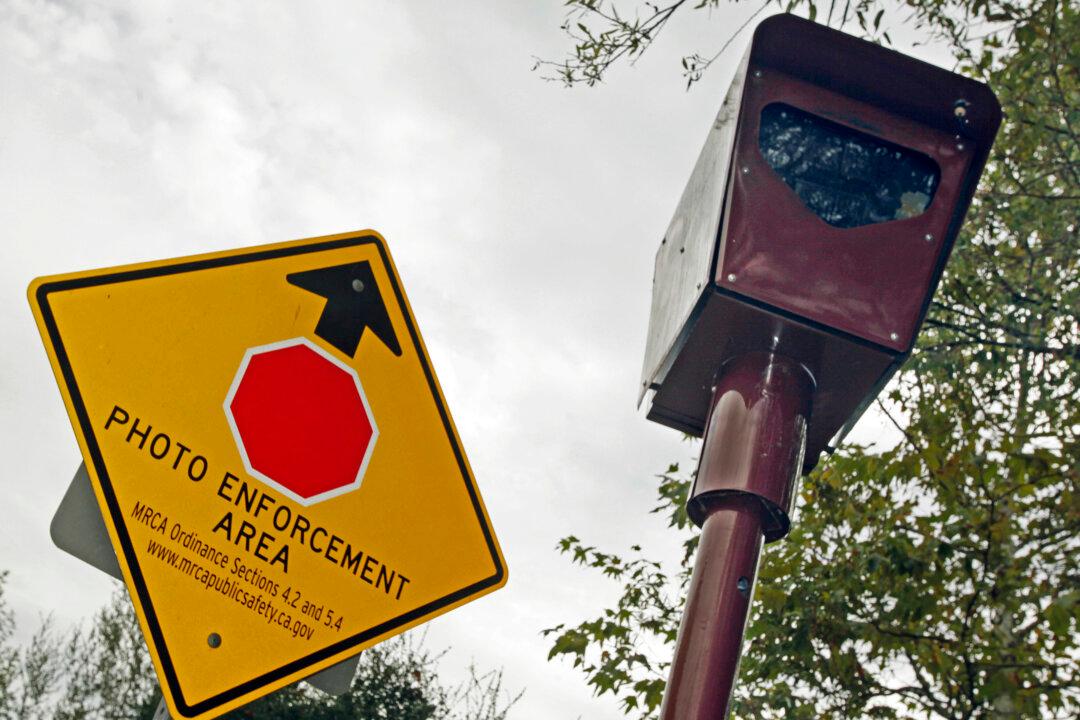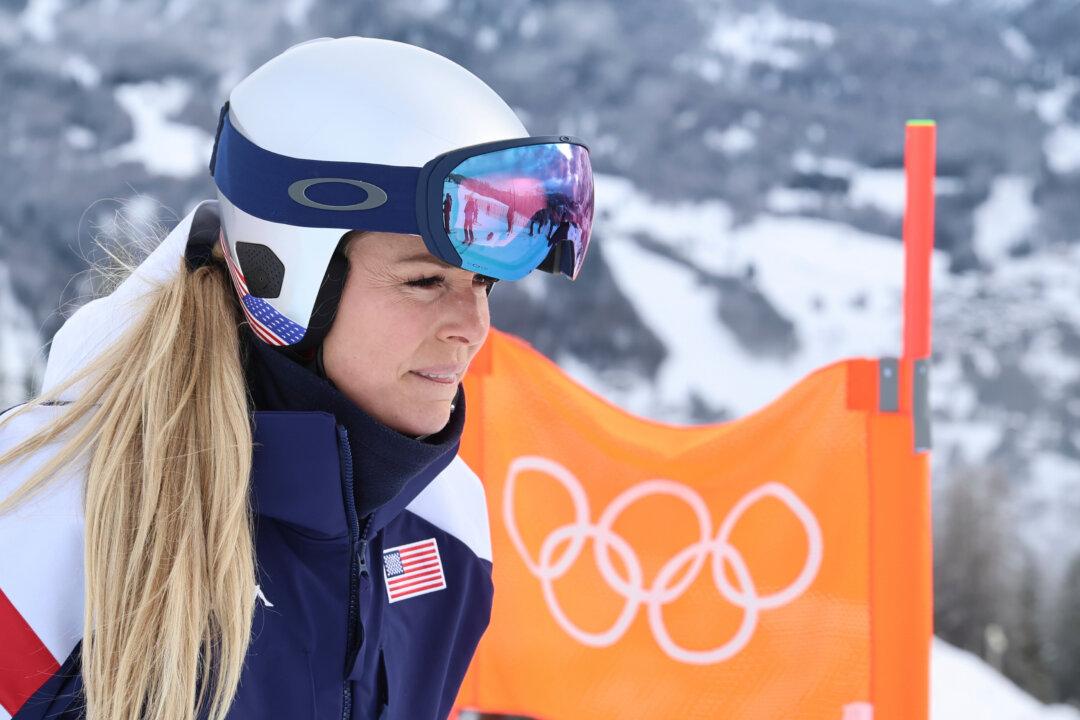DETROIT—Young drivers aren’t alone in behaving badly on U.S. roads, a trend that could be contributing to a spike in highway deaths.
Well over half of drivers in every age group have texted behind the wheel, run a red light or driven faster than the speed limit in the last 30 days, according to a new study by the AAA Foundation for Traffic Safety.
Younger drivers are the worst offenders. Eighty-eight percent of drivers ages 19 to 24 admitted to at least one of those behaviors. But even mature drivers skirted the rules more often researchers expected. For instance, 10 percent of drivers between 60 and 74 have texted or sent email from behind the wheel, while 37 percent of drivers over 75 said they'd driven through a light that had just turned red.
“It was a surprise that there were relatively high rates of these behaviors among the drivers we think of as safer,” said Lindsay Arnold, a research associate with the AAA Foundation.
Arnold said the responses were similar to those in past years, indicating a troubling trend. In 2015, U.S. traffic deaths rose 7 percent to 35,092, the largest single-year increase in five decades. They’re expected to rise again in 2016 when that data is finalized.
“It points to the need to improve driver behavior if we’re going to reverse this alarming trend,” Arnold said.
Teen driver education campaigns have had some success, foundation spokeswoman Tamra Johnson said. Now the organization is considering the best ways to reach drivers of other ages.
The study found broad agreement on some issues. Eighty-seven percent of drivers said they have never driven when they thought they were close to the legal alcohol limit. Ninety-five percent said they had never driven within an hour of using marijuana. Eighty-eight percent of drivers say it’s unacceptable to drive without a seat belt, and 82 percent support laws requiring motorcycle riders to wear helmets.






